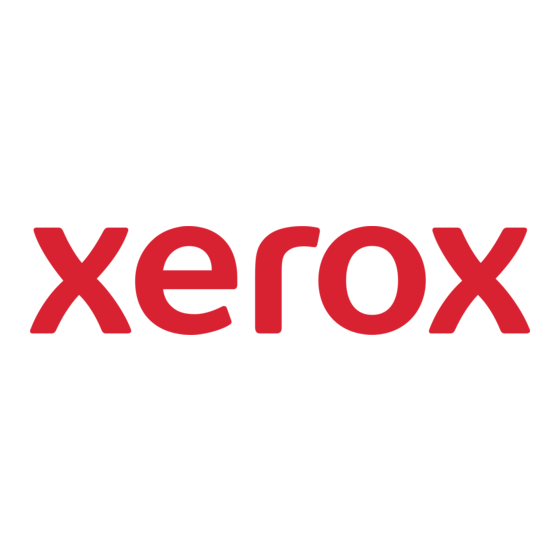Step 3
Load Print Drivers - installation
information for printing using LPR
Note: Win 95/98/Me/NT are NOT supported.
Windows 2000, Windows XP, and Server 2003
1.
Insert the "CentreWare Services 6.20 Network Print Drivers CD
in the client CD-ROM drive.
2.
Select "Install Drivers".
The "License Agreement" frame is displayed.
Select "I Agree".
The driver install routine will search for DocuSP DocuColor
printers.
3.
If the correct DFE is not found automatically, enter the correct
IP manually.
Note: The default driver will be the Post Script Driver. Select the
"Options" button if PCL is desired.
4.
Select "Install" and follow the prompts.
5.
An "Installation Complete" window will now open and Print Test
Page will be checked. Uncheck it if you do not want to print a
test page upon clicking "Finish".
6.
Select "Close" to exit the installation utility.
7.
Eject the CD.
8.
On a Windows client, click Start > Settings > Printers and
Faxes.
9.
Right click on the printer just created, and select "Properties".
10. Select the "Ports" tab. In the list pick your printer and click
"Configure Port" to bring up the "Port Settings" window.
"Protocol" setting default is "Raw", if using LPR, please select
"LPR" (#1) and then type in a Queue Name in the LPR Settings
area (#2). See Configure Standard TCP/IP Port Monitor screen
shot below.
Note: Refer to the Configuration Information on the CentreWare
Services Network Print Drivers CD (Guides and Tutorials > User
Guide) for complete instructions on loading drivers.
Note: For complete instructions on setting up a Windows
computer to print without a Windows server (also known as
SMB), refer to the DocuSP documentation
Print Driver Installation Information -
printing using AppleTalk
Install Xerox Printer Driver
1.
Insert the "CentreWare Services 6.20 Network Print
Drivers CD, and click on the CD Icon that appears on the
desktop.
2.
Click on the Mac folder and select the appropriate version
you wish to install. (OS9.x_Custom, or OSX_Custom)
3.
Double-click the "Custom_Xv10.x" folder.
4.
Double-click on the ".dmg" file that pertains to your printer
(e.g. DocuColor 8000_7000.dmg) (The disk image will
verify and another window will open).
5.
Double-click on the ".mpkg" file.
6.
The Installer will begin. Click "continue" for "program
needs to run" message.
7.
Follow steps on the screen to install.
- Installation takes about 1 minute.
8.
When message displays, "The software has successfully
installed", select "Close".
9.
Eject the DocuColor.dmg disk image.
10. Eject the Centerware Services 6.20 Network Print Drivers
CD.
11. Continue to the appropriate Mac operating system to
install the print driver.
Configure Mac OS10 – Print Driver
1.
In your Printer Setup Utility select Add.
2.
Select the appropriate Network Protocol, and input
appropriate information for your DFE. For example if using
AppleTalk, select your printer from the AppleTalk network,
if using IP Printing input your IP address, and so on.
3.
Under the printer model pull-down select Xerox, and select
the ppd file that corresponds to your printer type.
4.
Click Add.
5.
Your Printer is added.
6.
Quit the Printer Setup Utility.
Configure Mac OS9 – Print Driver
1.
When install has completed, double click the Chooser icon.
2.
Double click the "Adobe PS" icon in the chooser window.
3.
Locate the printer you want to set up in the displayed list,
and double-click on that printer.
4.
Click the "Select PPD" icon in the window.
5.
A list of installed PPDs will open. Double-click on the
appropriate PPD.
6.
Close the window, and exit Chooser.

